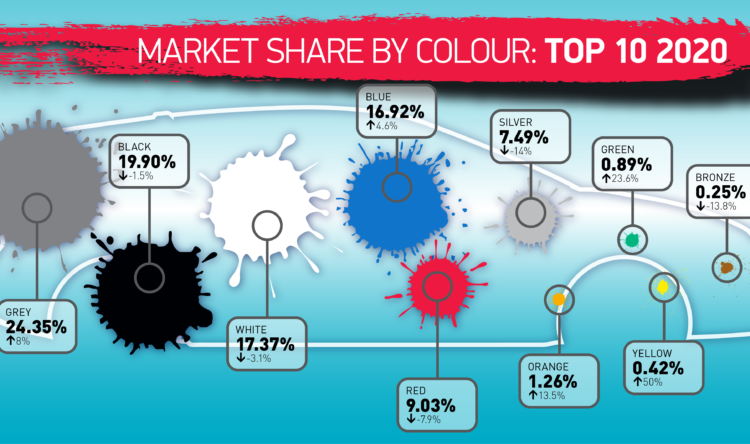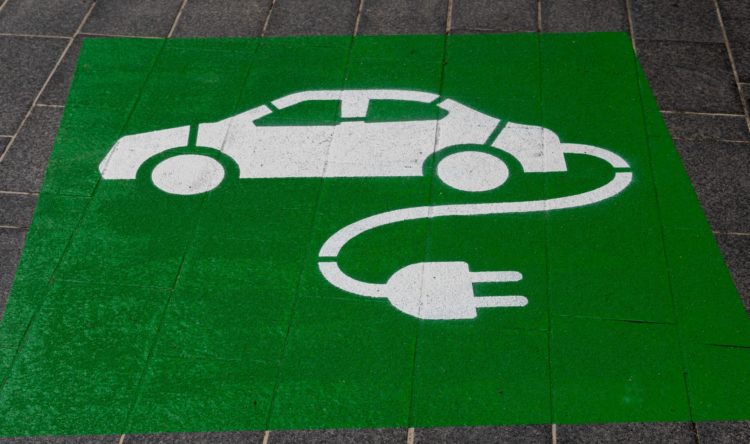Short circuits
UK losing pace in the transition to EVs
How prepared is the UK for the EV transition that is taking place?
According to EY’s latest EV Country Readiness Index, the UK is ranked the fifth best-prepared market in the world for the electric vehicle transition.
China stays at number one, with Norway remaining second. The US has climbed four places to third, dislodging Sweden into fourth.
Losing charge
The UK’s has dropped in the table.
Rankings for supply sees it move from seventh to eighth. When it comes to regulation it has slipped from third to fourth.
Both fell by one place year-on-year, though the nation’s overall ranking remains unchanged. This is due to significant demand for new EVs and the 2030 ban on the sale of new ICE vehicles.
This ‘EV Country Readiness Index’ covers both battery electric vehicles and plug-in-hybrids. It assesses 20 key markets from around the world, assessing supply, demand and regulation, including analysing initiatives, targets and strategies.
Rewiring
Maria Bengtsson, UK electric vehicle lead at EY, believes the UK needs to improve, especially compared to China and the US.
“China has demonstrated the impact that appropriate regulation along with a localised supply chain and robust infrastructure implementation can have.
“There are lessons to be learned from that for the UK market, and the onus will continue to be on OEMs and the Government to collaborate on this challenge.”
Concerns over potential delays to and a lack of clarity on the zero emissions vehicle (ZEV) mandate are not helping. The supply side is also a particular challenge in the UK. Regulatory incentives have room for improvement, particularly when compared with legislation brought about in other competing markets.
Plugged in
According to the analysis, EV sales are expected to rise from 21% last year to 26% this year. This is above the average (19%) across all 20 markets.
However, this figure remains a long way behind the frontrunners Norway. They are forecast to see 81% EV penetration this year, with Sweden (53%) ranked second and Netherlands (35%) third.
A marked challenge for the UK’s EV transition is a lack of fast charging infrastructure.
China accounted for nearly 90% of global fast-charging stock in 2022, with the UK only accounting for 0.8%., Despite the size difference between the two markets, it still highlights the magnitude of the challenge.
Planning and promoting
David Borland, UK & Ireland automotive leader for EY, says the increasing sales of EVs in the UK is a positive signifier.
“Growing demand from consumers has played a key role in the UK retaining its status as a world leader for EV readiness, but challenges persist.
“Given the declining residual values of EVs and the difference between fleet and retail sales along with the ongoing infrastructure hurdles highlighted by this report, such as the UK trailing Europe for the number of charge points per EV, the longevity of strong demand and the positive impact it is having on the UK’s EV transition prospects appears uncertain.
Borland believs the “location and speed of charging infrastructure” has to be prioritised.
“While there are positives, there is a long way to go for the UK to compete with the world’s leading EV markets”.
“Specifically, regulatory incentives and support have room for improvement if the UK is to be seen as a top destination for attracting Foreign Direct Investment in the EV space.”






